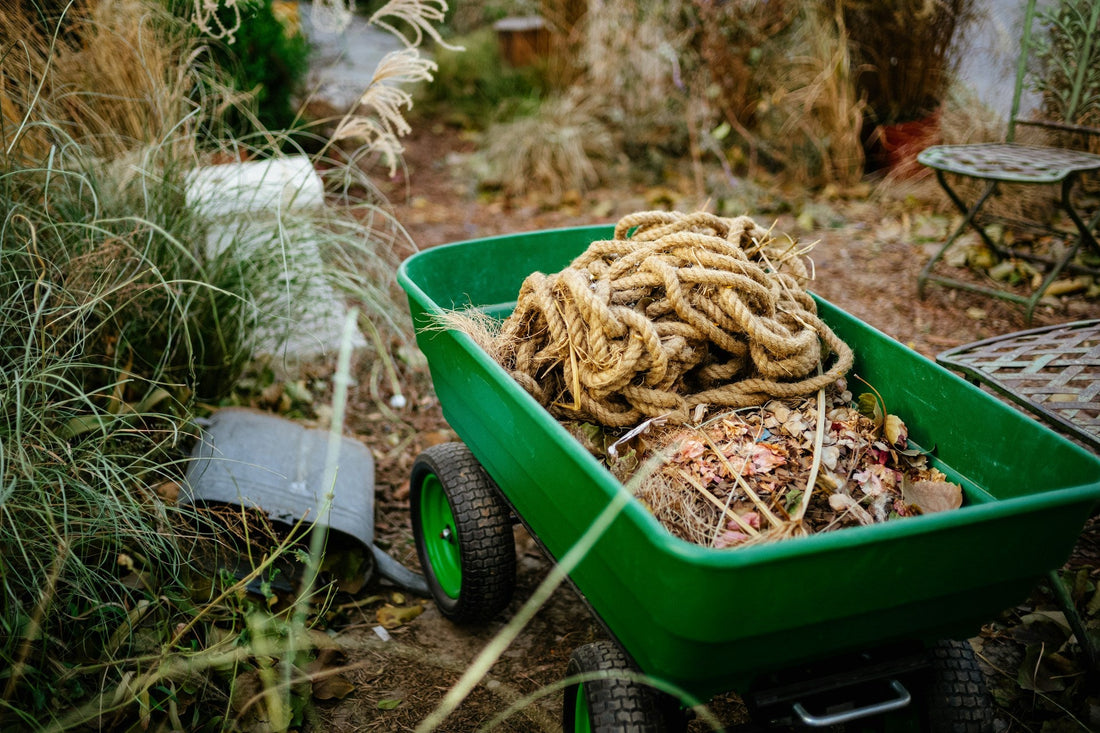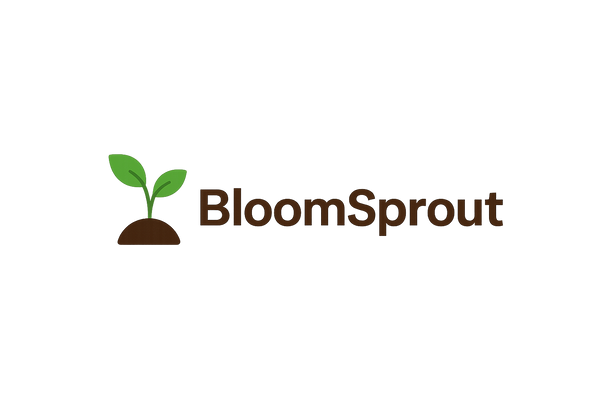
Sustainable Gardening: Composting and Eco-Friendly Practices
Share
Sustainable gardening is more than a trend—it’s a way to care for your garden, your community, and the planet. By adopting eco-friendly practices, you can reduce waste, improve soil health, and create a thriving garden that’s in harmony with nature. One of the simplest and most impactful ways to start is through composting. Here’s how you can make your garden greener while keeping costs and environmental impact low.
1. Why Sustainable Gardening Matters
Gardening sustainably benefits both the environment and your garden’s productivity:
-
Reduces waste: Composting kitchen scraps and garden clippings prevents unnecessary landfill waste.
-
Protects natural resources: Eco-friendly gardening avoids harmful chemicals and conserves water.
-
Supports biodiversity: Sustainable gardens attract pollinators, beneficial insects, and wildlife.
-
Enhances soil health: Organic matter improves soil structure, moisture retention, and fertility.
2. Getting Started with Composting
Composting is one of the easiest ways to practice sustainable gardening. It transforms everyday organic waste into nutrient-rich soil for your plants.
What You Can Compost
-
Green materials (nitrogen-rich): Vegetable scraps, fruit peels, coffee grounds, grass clippings.
-
Brown materials (carbon-rich): Dry leaves, cardboard, shredded newspaper, straw.
How to Compost
-
Choose a compost bin or pile: You can buy a compost bin or create a simple pile in a corner of your garden.
-
Layer green and brown materials: Alternate nitrogen-rich and carbon-rich layers for balance.
-
Keep it moist: Your compost should be damp like a wrung-out sponge.
-
Turn regularly: Aerate your compost to speed up decomposition.
-
Harvest: In a few months, you’ll have dark, crumbly compost ready to enrich your soil.
3. Eco-Friendly Gardening Practices
Beyond composting, there are many ways to garden sustainably:
-
Use native plants: Native species are adapted to local climate and soil, requiring less water and fertilizer.
-
Reduce chemical use: Opt for organic fertilizers and natural pest control methods.
-
Collect rainwater: Install rain barrels to water your plants sustainably.
-
Practice crop rotation: Helps prevent soil depletion and reduces pest problems.
-
Mulch garden beds: Conserves water, suppresses weeds, and improves soil quality.
4. Benefits of Sustainable Gardening
-
Lower costs: Less spending on chemical fertilizers, pesticides, and water.
-
Healthier plants: Stronger plants with natural resistance to pests and diseases.
-
Environmental impact: Reduced pollution and better support for pollinators and wildlife.
-
Community and education: Sustainable gardens can inspire neighbors and teach children about nature and responsibility.
5. Tips for Maintaining a Sustainable Garden
-
Start small: Focus on one compost bin or a few eco-friendly practices and expand gradually.
-
Monitor soil health: Regularly check soil moisture and nutrients.
-
Be patient: Sustainable gardening is about long-term benefits, not instant results.
-
Share knowledge: Encourage friends and family to adopt eco-friendly practices too.
Final Thoughts
Sustainable gardening isn’t just about what you grow—it’s about how you grow it. Composting kitchen scraps, conserving water, reducing chemical use, and choosing native plants all contribute to a healthier, more resilient garden and a better planet. By adopting eco-friendly practices, you create a thriving garden that’s as kind to the earth as it is rewarding for you.
